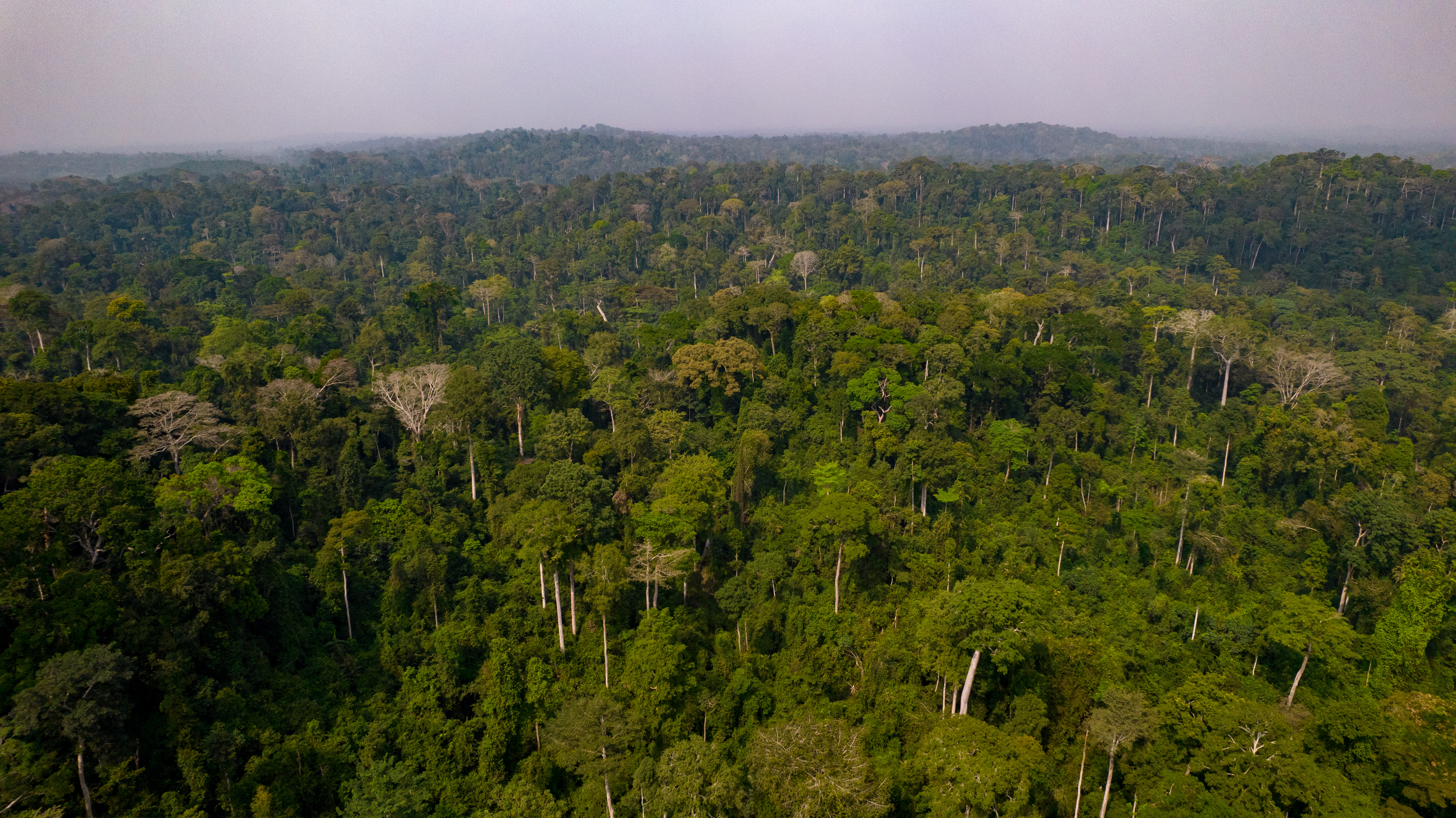Carbon Justice for All: How Carbon Markets Can Advance Equitable Climate Action Globally
June 30, 2022

Kakum National Park, Cape Coast, Ghana
At the Bonn Climate Change Conference at the beginning of June, discussions around fundamental principle of "common but differentiated responsibilities" were at the core of the debate. How can this principle be translated into concrete actions that advance equitable climate action?
Carbon Markets for Carbon Justice
Carbon markets can be a powerful tool to help advance carbon justice. Carbon markets are trading systems in which carbon credits are sold and bought. One tradable carbon credit equals one tonne of carbon dioxide or the equivalent amount of a different greenhouse gas reduced, sequestered or avoided.
By entering carbon markets, developing countries can advance their socio-economic development while transitioning to a low-carbon economy in a cost-effective way that puts a price on carbon, allows for carbon trading, and stimulates new market opportunities for companies.
In 2015, the Article 6 of the Paris Agreement introduced instruments to enable international cooperation to achieve greenhouse gas emission reductions through carbon markets. In 2021, a key outcome of COP26 has been to advance the operationalization of carbon markets, in particular by providing guidance on Article 6.2, which paves the way for voluntary cooperation between Parties in the implementation of nationally determined contributions to allow for higher climate ambition.
Operationalizing Article 6: The examples of Ghana and Namibia
Now is the time for countries to act. While further details are being elaborated, countries can start setting up voluntary cooperation mechanism under Article 6.2. Countries are currently learning by doing. Frontrunners such as Ghana, Switzerland, Sweden, and in particular Japan which has already demonstrated the feasibility of international cooperation through their Joint Crediting Mechanism.
Nowhere is the voluntary cooperation opportunity bigger than in Africa. While Africa’s historic contribution to global greenhouse gas emissions is neglectable, and remains today much lower than the emissions by developed countries, it is the continent that suffers the most from the impacts of climate change. Yet many of the African low emitting countries - in the spirit of shared responsibilities – are demonstrating high climate ambitions.
For example, through its Nationally Determined Contribution, Ghana intends to generate absolute greenhouse gas emission reductions of 64 MtCO2e by 2030. This includes a soon-to-be-launched climate-smart agriculture project, supported by UNDP and funded through a voluntary carbon cooperation with Switzerland. This project will train over 10,000 rice farmers – covering nearly 80% of Ghana’s rice production – in sustainable agricultural practices, leading to significant methane emission reductions and increased yield, cut water pumping costs and improved efficiency of water use.
In Namibia, the government aims to achieve net-zero emissions and climate-resilient development, in response to the climate emergency. It has committed to achieve mitigation ambition of 91% compared to Business-as-Usual Scenario, which it aims to achieve partly by entering into carbon markets. To do so, the government is currently designing key building blocks for a carbon market framework. With funding from Japan, akey component of the Namibia carbon market framework will be building strong data management systems. Globally, transparency issues such as data fraud, opaque data management systems, lack of harmonized data reporting systems have been identified as key challenges for effective implementation of carbon markets. The setting up of an effective MRV system will have to look at the whole digital ecosystem of carbon markets with the aim to standardize modular elements of the ecosystem and ultimately the development of digital carbon assets.
Developing countries – especially in Africa, the continent the worst-hit by the climate crisis and with the highest levels of poverty - have much to gain by becoming frontrunners in the operationalization of carbon markets, as only countries that are starting to act today and engage in international cooperation will be able to fully benefit from carbon markets in this NDC period until 2030. This is the timeframe within which mitigation outcomes will have to be generated and used without the option to transfer them to the next NDC period.
There is no time to lose for countries committed to take bold actions. UNDP is already helping countries access carbon finance as a means to reduce deforestation through the REDD+ process. Now, as part of UNDP’s new Sustainable Energy Hub, our Carbon Cooperation for Development expands UNDP’s support to other sectors to support developing countries across the world to leverage carbon markets for sustainable development.

 Locations
Locations